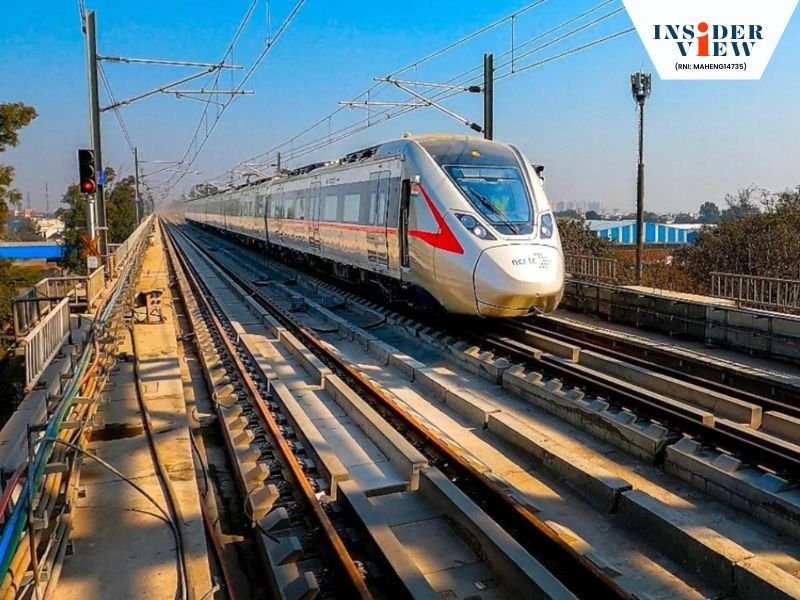Lucknow, 6 Dec (HS): The Uttar Pradesh government has given nod for a game-changing Regional Rapid Transit System (RRTS) corridor in a major move. This ambitious 72-kilometer route, projected to cost Rs 1,600 crore, would connect Ghaziabad’s 17 kilometer priority portion to the future Noida International Airport in Jewar. The project obtained official permission during a high-profile meeting presided over by Chief Secretary DS Mishra, marking a key step toward improving connectivity in the National Capital Region (NCR). The state government has charged the National Capital Region Transport Corporation (NCRTC) with creating a detailed project report (DPR) in a span of next two months.
List of stops on the new RRTS route: The newly approved 72 kilometer RRTS line would connect Ghaziabad station to Jewar’s Noida airport, passing through significant regions like as Greater Noida West, Surajpur and Ecotech Pari Chowk. This game-changing corridor would connect Noida airport to major NCR cities such as Greater Noida, Ghaziabad, Meerut and Delhi.
Project dynamics and funding breakdown: Officials indicated that the Uttar Pradesh government has agreed to donating 50% of the project’s money, with the Central government paying the remaining 20%. The Yamuna Expressway Industrial Development Authority (Yeida) and the Greater Noida Authority will split the remaining 30%, demonstrating a joint effort to get this megaproject ahead.
The Ghaziabad-Jewar route takes the lead: During a crucial meeting, Mishra directed attention to the Ghaziabad-Jewar via Greater Noida West route. An unnamed official verified the rejection of alternate routes, securing permission for this corridor. This decision represents a significant leap in regional connectivity, with an expected operational debut by 2030, pending flawless implementation.
Delhi-Meerut RRTS priority section is now in service: Meanwhile, the Delhi-Meerut RRTS reached a key milestone with the start-up of its 17-kilometer priority segment. Beginning operation in October, this stretch, which includes five stations – Sahibabad, Ghaziabad, Guldhar, Duhai and Duhai Depot – marks the start of an 82-kilometer corridor connecting Delhi, Ghaziabad and Meerut, and is expected to be completed by 2025.



Leave a Reply